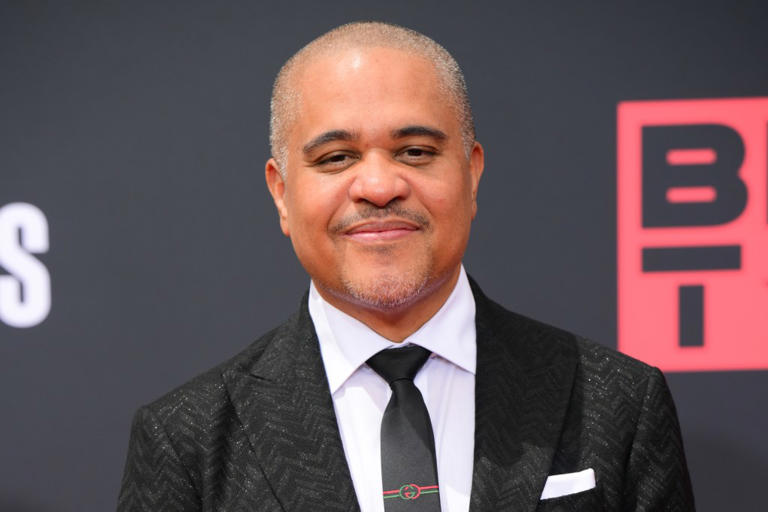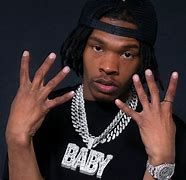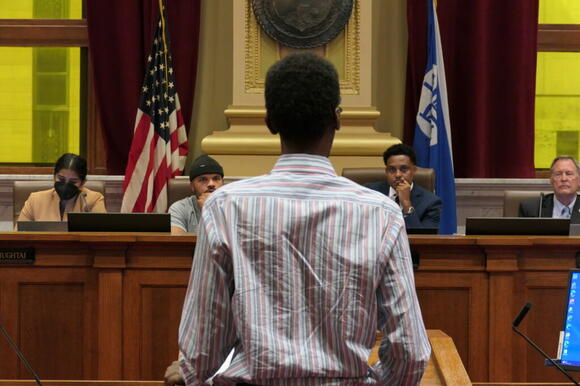
Eid Ali, president of the Minnesota Uber/Lyft Drivers Association, urges a Minneapolis city council committee on Aug. 8, 2023, to support an ordinance that would raise wages for drivers. Photo by Max Nesterak/Minnesota Reformer.
Uber and Lyft drivers filled the council chambers in Minneapolis City Hall on Tuesday in support of a proposed ordinance that would raise drivers’ wages and regulate how the companies may discipline drivers.
“It’s about fairness,” driver Farhan Badal told a City Council committee. “I’m providing the vehicle. I’m providing the gas. I’m putting in time … They provide me (with) the software, but they decide to pay whatever they want.”
Drivers complain the companies provide little transparency into how fares are calculated, and that they can even vary widely for the same trip between drivers. Drivers say their earnings have declined over the years to less than 60 cents per mile and 14 cents per minute.
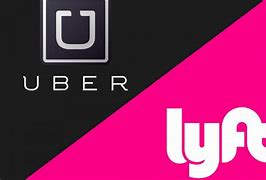
Under the city proposal , which would take effect on Jan. 1, drivers would earn at least $1.40 per mile and 51 cents per minute — which would increase with inflation — and at least $5 per ride. Tips would not count toward the minimum compensation, and drivers would be entitled to 80% of any rider cancellation fee.
The city’s business committee voted unanimously to send the proposed ordinance to the full City Council for consideration on Aug. 17. Mayor Jacob Frey said in a statement he believes drivers should be paid more but has not yet decided if he supports the ordinance authored by Council Members Robin Wonsley, Jason Chavez and Jamal Osman.
If passed, Minneapolis would join New York City and Washington state in guaranteeing Lyft and Uber drivers minimum wages.
As independent contractors, Uber and Lyft drivers aren’t afforded protections guaranteed to other employees, including a minimum wage, overtime, Social Security, unemployment insurance and workers’ compensation. Drivers must also provide their own vehicles and pay for insurance, gas and maintenance.
Minneapolis city leaders are pushing forward with the proposed ordinance even as the Legislature is expected to take up a bill setting minimum wages for drivers statewide next year.
Gov. Tim Walz issued the only veto of his entire tenure earlier this year to block a similar proposal after Uber said it may leave the state .
Instead, Walz convened a working group made up of drivers, Uber and Lyft representatives and other stakeholders to recommend legislation next year.
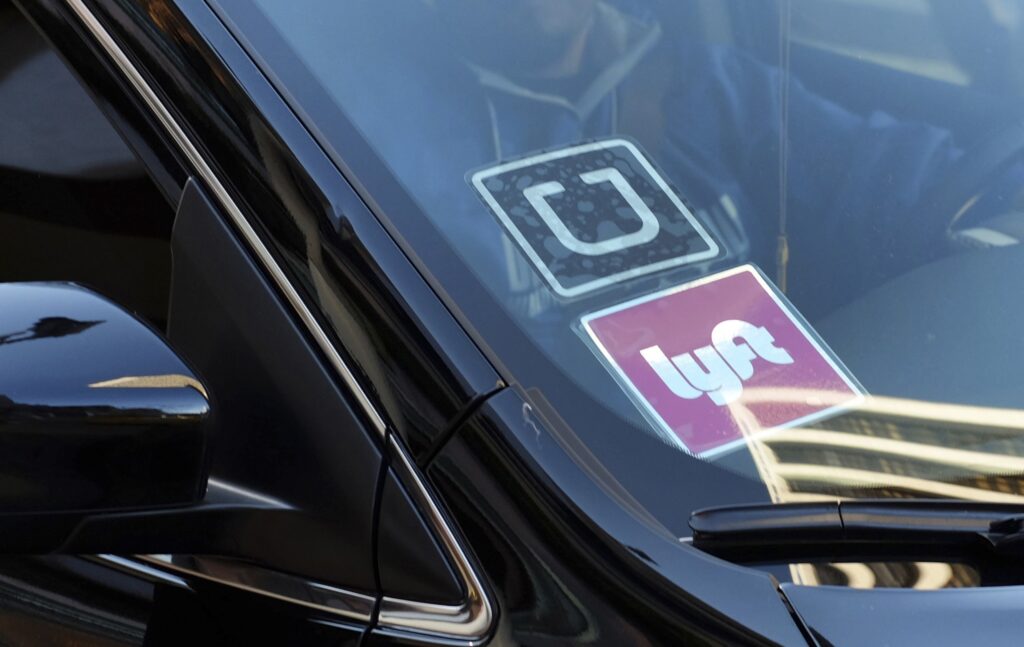
The minimum rates for Uber and Lyft in the proposed Minneapolis ordinance are slightly different from those in the bill Walz vetoed: $1.45 per mile and 34 cents per minute plus a $5 minimum fee.
A spokeswoman for Uber said the Minneapolis rates would be more expensive than those proposed by state lawmakers for most trips. The Minneapolis rates would be similar to those in New York City and higher than Washington state.
Minneapolis requires taxi companies to charge at least $4.70 for the first mile and $2.75 for each additional mile plus 40 cents for each minute the taxi is not moving.
Spokespersons for Uber and Lyft say Minneapolis leaders should wait for the governor’s task force to complete its work, rather than move forward with their own law that could be overridden by state law in a matter of months.
“We want to work with drivers and local legislators on a compromise that raises rates for drivers without hurting riders,” Uber spokeswoman Freddi Goldstein said in a statement.
“That’s why we’re proud to serve on the governor’s task force and look forward to coming up with a framework for statewide legislation — which is how this issue should be handled, rather than a patchwork of different rules and regulations statewide.”
Chavez said the City Council shouldn’t yield its authority to regulate Uber and Lyft just because state lawmakers are also considering legislation.
“We should not ask people to wait to get food. We should not ask people to wait to get housing. So why should we ask our constituents, to ask our residents of Minneapolis, to wait for the governor’s task force, who vetoed the bill when it was passed by the Senate and the House?” Chavez said.
Earlier this year, Uber warned that the minimum pay rates passed by the Legislature would raise the price of rides by at least 50% and cause demand to drop 30%.
The fear that the minimum pay rates could cause demand to crater has caused a schism among the mostly East African immigrant drivers advocating for higher pay.
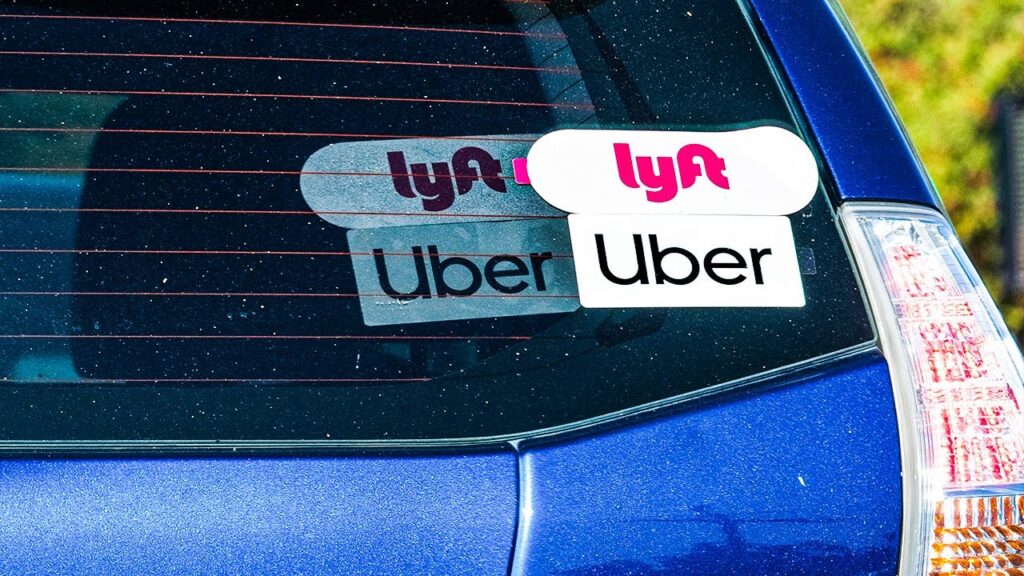
The Minnesota Uber/Lyft Drivers Association (MULDA) backs the proposed ordinance in Minneapolis and played a central role in the state legislation that Walz vetoed. Two members of the group now serve on the governor’s task force.
But a second group — the Minnesota Rideshare Drivers Association (MNRDA) — thinks drivers should accept a slightly lower minimum wage supported by Uber in order to protect demand.
Awil Shire, president of MNRDA, said the two groups fissured late last year shortly after a Somali-American consultant for Uber convened a meeting to negotiate wages with drivers. MULDA declined to meet with Uber, but Shire and his group agreed, according to an Uber spokeswoman.
Shire said Uber agreed to raise minimum rates to $1.15 a mile and 25 cents per minute, but that proposal was ultimately rejected by the bill’s lead authors: Sen. Omar Fateh, DFL-Minneapolis, and Rep. Hodan Hassan, DFL-Minneapolis.
The Uber spokeswoman said Fateh did not respond to their proposal and was not available to meet with her when she stopped by his office. In the final weeks of the session, Uber offered to raise minimum rates to $1.17 a mile and 34 cents a minute.
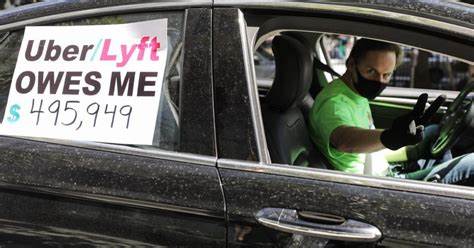
Shire said drivers should have accepted the deal made with Uber rather than try to win more from lawmakers, which has so far yielded no results.
“They’re wasting their time,” Shire said.
MRNA also supports establishing in law that Uber and Lyft drivers are independent contractors, which would be a significant prize for the companies.
The proposed Minneapolis ordinance doesn’t take a position on drivers’ classification and instead leaves open the possibility that the drivers’ status as independent contractors could be challenged.
MULDA drivers accuse Shire and MRNA members of being paid actors by Uber, which they deny. Spokespersons for Uber and Lyft said the companies do not fund any drivers’ associations in Minnesota.
Under the city ordinance, transportation network companies would not be allowed to deactivate drivers without cause.
Some drivers say they’ve been unfairly kicked off the app without explanation, leaving them saddled with debt for cars they can no longer use to earn money. Uber and Lyft require newer vehicles, which drivers must pay for themselves.
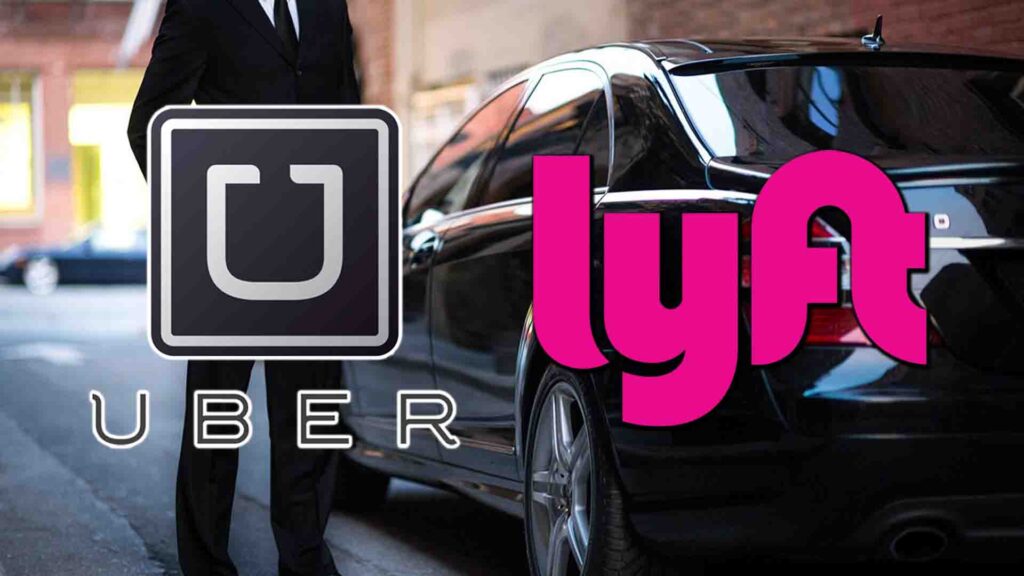
The Minneapolis ordinance requires companies to have clear written rules stating the circumstances under which a driver may be deactivated or sanctioned. Companies must also give drivers five days’ notice of a proposed deactivation or sanction and the opportunity to present their response within seven days.
The ordinance would require the companies to reconsider the deactivations of drivers going back to 2021, a proposal the companies have balked at. Uber and Lyft say they would have to retroactively review deactivations for which they may not have records and in some cases find victims to testify against drivers.
The proposed ordinance says Uber and Lyft would have to permanently deactivate drivers if they are convicted, or receive a stay of adjudication, of a number of serious crimes, including stalking, carjacking and sexual assault.
The city ordinance does not touch insurance, which was a key sticking point in negotiations over the state legislation. Currently, drivers are required to pay for their own auto insurance while Uber and Lyft carry additional liability insurance and personal injury protection.
